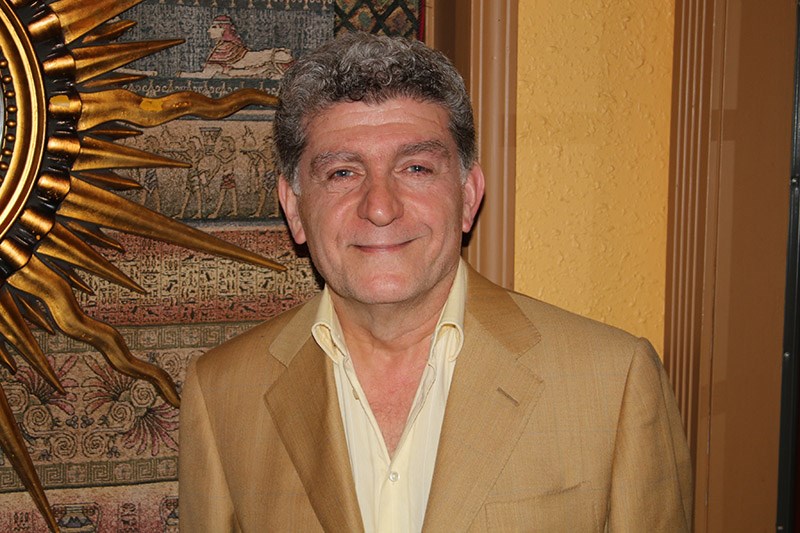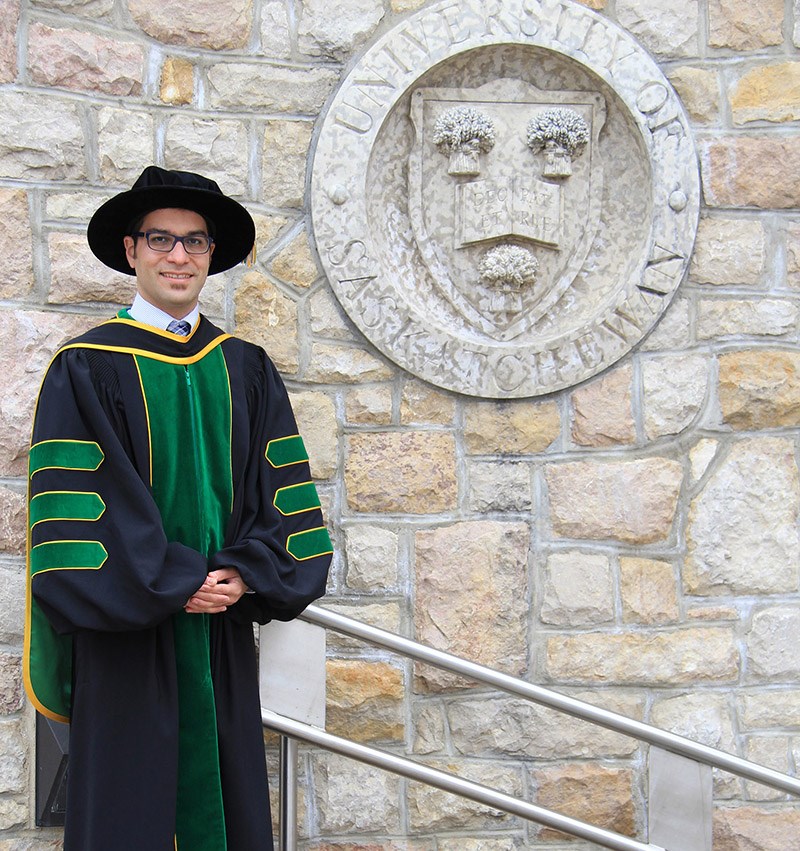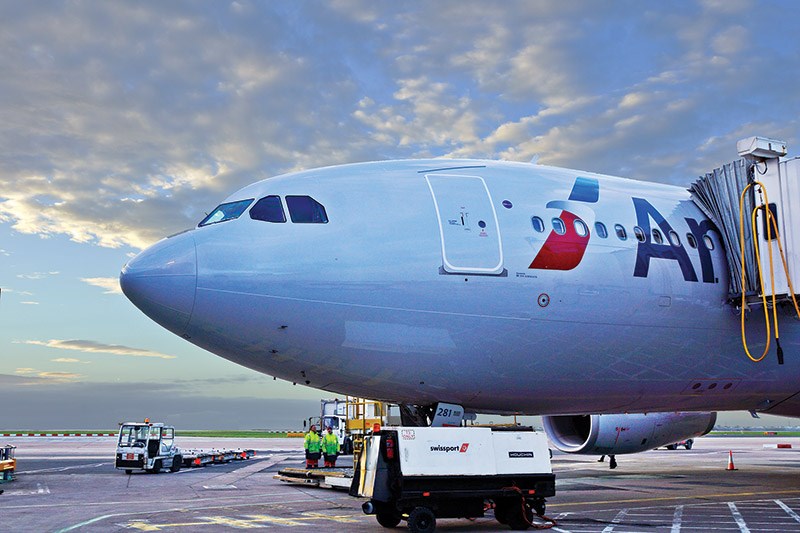A Port Coquitlam immigration lawyer is recommending people from countries affected by the U.S. travel ban wait until procedures and other issues are clarified through the courts or other means before making arrangements.
In an email, Donald Walker stated that much confusion remains since the order was made last week and Canadians with dual passports or residents with visas could be subject to secondary inspections that could delay their travel and complicate future trips.
"It is expected that the courts will resolve the issues within the next month and the best approach is to wait until the matter is clarified," Walker stated, adding: "The concern in the future is that if NAFTA is abandoned or renegotiated Canadians could find it difficult to obtain any U.S. work visas."

FAMILIY UNCERTAIN
Meanwhile, Coquitlam's Persian community is reeling at the news of a U.S. travel ban that is denying entry to travellers of Iranian birth along with citizens of six other Muslim-majority countries.
Canadian students born in Iran who are studying in the U.S., family members with relatives living in the U.S. and resident workers with Iranian travel documents are among those who have been affected.
"It is very confusing. People who are permanent residents or [Canadian} citizens can go but people don't know what it [their legal situation] is," said Fred Soofi, owner of Pasta Polo restaurant and a local entrepreneur who was born in Iran but is a Canadian citizen and has lived here for 45 years.
"People are afraid, even U.S. citizens with a green card are not going back," Soofi said.
Although the immigration minister has been reported as saying Canadians with dual citizenship and permanent residents will not be turned away, the uncertainty has left a Coquitlam family in turmoil.
Ali Negahban said his son, Behbod, a Port Moody secondary grad, is studying political science at Yale in New Haven, Conn. and was hoping to come home to visit but is worried the travel ban might prevent him from returning to the U.S., because of he was born in Iran. Even though Behbod is a Canadian citizen, Negahban is worried his son might be turned away at U.S. customs because he only has a U.S. student visa.
"Our government said they've talked with someone in the Trump administration and they assured us there there won't be any problem for dual citizens, but there's no change in the order, and the order says people from those countries there are affected. We have just verbal things from our side, that's why the uncertainty," Negahban told The Tri-City News.
The situation has created worry for his family, said Negahban, who is a translator and interpreter and recently had surgery for cancer.
BUSINESS TRIP CANCELLED
And a Port Moody engineer who wasn't allowed to board his Air Canada flight to Nevada Saturday because of new U.S. travel restrictions missed an important opportunity to share groundbreaking research on energy-saving heating and cooling systems.
Mohammad Rafati Nasr's colleagues were expected to deliver the address instead at the American Society of Heating, Refrigerating and Air-Conditioning Engineers Winter Conference and pick up the award he was expected to get, along with other research he'd hoped to gather on the business trip.

Rafati Nasr, an Iranian who lives in PoMo with his wife, was shocked when he was turned away at the Air Canada ticket counter because he was deemed "inadmissible" because of his Iranian passport.
"I was a person with an academic background and in university for a long time, and you've never been discriminated against and suddenly your citizenship is smashed in your face," Rafati told The Tri-City News Monday.
At first, he didn't understand what the problem was because he had a visa to enter the U.S., and his background had been researched by American immigration for the document.
It wasn't until he was driving home in his car that he heard on the radio that he was a victim of U.S. President Donald Trump's executive order banning citizens of seven Muslim-majority countries from entering the U.S.
"It was kind of an important trip for me," said Rafati Nasr, who earned his PhD in mechanical engineering last year at the University of Saskatchewan and now works on research and development for a Vancouver company.
In Canada since 2012 on a graduate student visa, Rafati Nasr plans to apply for permanent resident status and said he and his wife, an international student with a Ukrainian-Russian background, hope to start their lives together here.
Meanwhile, calls to the Air Canada, United Airlines and Expedia have failed to result in a full refund, although a credit has been offered. But if the travel ban is extended, Rafati Nasr asked, "Why would I use this credit?
"At the moment, I don't feel like going [to the U.S.]"
A WIDE NET
The U.S. order means citizens of Iran, Iraq, Libya, Somalia, Sudan, Syria and Yemen are barred from entering the U.S. for 90 days, which means the ban would end April 27. But Canada's immigration minister, a former refugee from Somalia, says Canada got assurances from Washington that Canadian citizens and permanent residents could still cross the border as usual, and those who do face problems are urged to call Canada's emergency travel number, 613-996-8885.
Soofi said there has been so much confusion that most people he has talked to don't want to risk being detained at the border.
Meanwhile, SFU and UBC are offering support for international students. Andrew Petter, president of SFU, said the university has about 450 students and numerous faculty, staff and visitors from countries affected by the order.



